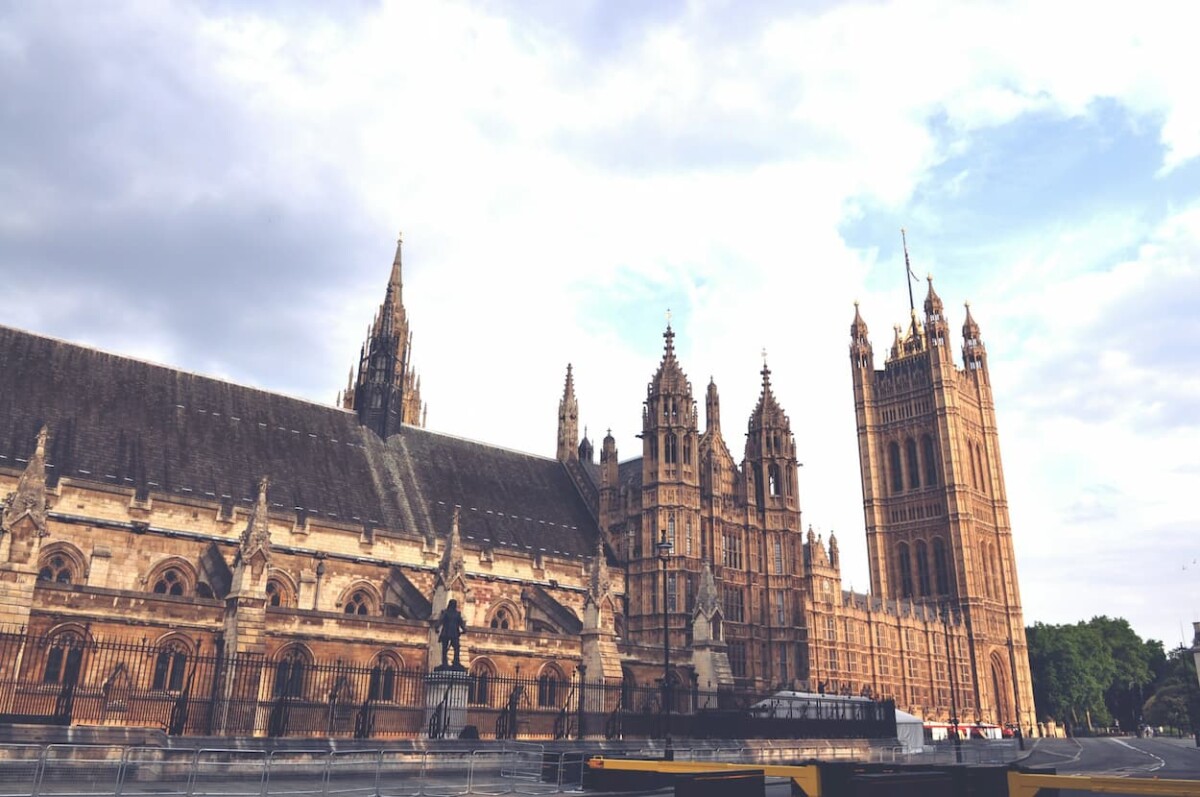MPs Clash Over £5 Stake Limit and Gambling Levy in New UK Regulations

Last week, the House of Commons debated the amendments to the Gambling Act 2005 and the Draft Gambling Levy Regulations.
The Impact of New Stake Limits on Online Slot Games
Under the new amendments, online slot games will be subject to a statutory maximum stake limit of £5 per spin for players aged 25 and over and £2 per spin for those aged 18 and 24.
Introducing discussion around the new regulation, Labour MP Stephanie Peacock, Parliamentary Under-Secretary of State for Culture, Media and Sport, stated, “Online slots are the highest risk gambling product. They have the highest rate of binge play and the highest average losses of any online product.”
She continued to note that the UK’s online gambling sector generates £6.9 billion annually, with online slots alone comprising 52.2% (£3.6 billion) of the market, an increase of 61% over the past five years.
Sir Iain Duncan Smith, Conservative MP for Chingford and Woodford Green, stayed true to his long-running anti-industry stance, welcoming limits but arguing £5 was too high. The Chair of the APPG for Gambling Reform said, “We have a problem here because we have physical shops on the high street where stakes will be limited to £2, yet we have a £5 limit for online. The online side will grow rapidly, and it has the greatest attraction for those who get hooked on gambling.”
He continued, “Online slots are available anytime, can be marketed to every current and potential account holder, and offer unrestricted access to high-speed and addictive products.”
Cameron Thomas, the Liberal Democrat MP for Tewkesbury, supported the changes and called for restrictions on gambling advertising and the regulation of loot boxes in video games.
In his address, he commented, “We urgently need action to tackle pervasive gambling advertising and sponsorship. We also need action on black market gambling, and we need gaming products such as loot boxes to be regulated as gambling products to protect children from gambling harms.”
Statutory Gambling Levy Sparks Mixed Response
The Draft Gambling Levy Regulations 2025 will impose an annual levy on all licensed gambling operators to provide consistent funding for research, prevention, and treatment of gambling addiction.
Peacock described the levy as a “watershed moment,” adding, “The levy provides us with an opportunity and the resources to put the right projects and services in place, with clear objectives and robust governance. We want a world-leading funding and commissioning system to reduce gambling-related harm.”
The pro-gambling lobby responded with a frosty tone. Louie French, the Conservative MP for Old Bexley and Sidcup, argued that the expanded levy would disproportionately affect smaller operators and high-street bookmakers.
“It is remarkable that in almost every conversation that the shadow DCMS team has with people across the sector, we are being told consistently that the Government is not even engaging, let alone listening,” he commented.
Duncan Smith shunned his fellow Conservative’s concerns, commenting, “The gambling industry had years to get the voluntary levy right. The good ones contributed; the bad ones did not, or when they did, it was peanuts. The statutory levy was required; otherwise, the money would not go to many of those community groups and charities that disburse the money and work to get this done.”
There were also comments from Jim Allister (Northern Ireland), who highlighted the lack of regulatory oversight for online gambling in Northern Ireland. Further, concerns were expressed over potential unintended consequences of stake limits, such as black market activity.
Peacock responded to French’s call for a review mechanism to monitor the pivot to the black market by assuring the government that it would review the stake limits within five years of implementation.
Written By
Wilna van Wyk is an online casino enthusiast with over a decade of experience working with some of the world’s biggest gambling affiliates, including Thunderstruck Media and OneTwenty Group. She specializes in gambling sites and games and provides expert knowledge on the online casino industry’s essential fundamentals.
Related
Best Crypto Casinos UK – Top 10 Bitcoin Gambling Sites…
Despite its overwhelming popularity, crypto gambling in the UK remains in a legal gray area. All casino operators in the UK need to have a valid permit, as requ
Online gambling channelisation in the UK – How well it…
Gambling in the UK is controlled under the Gambling Act 2005. This act requires all gambling operators to be licensed and regulated by the UK Gambling Commis
UK Gambling Commission Opens White Paper Public Feedback | Suffolk…
The UK Gambling Commission (UKGC) has initiated its third consultation period to gain feedback and proposals to make gambling machines in the UK more secure a
Paddy Power High Court case: Gardener wins £1m payout
Mrs Durber sued PPB Entertainment Limited, which trades as Paddy Power and Betfair, for breach of contract and for the rest of her winnings, based on what she w












